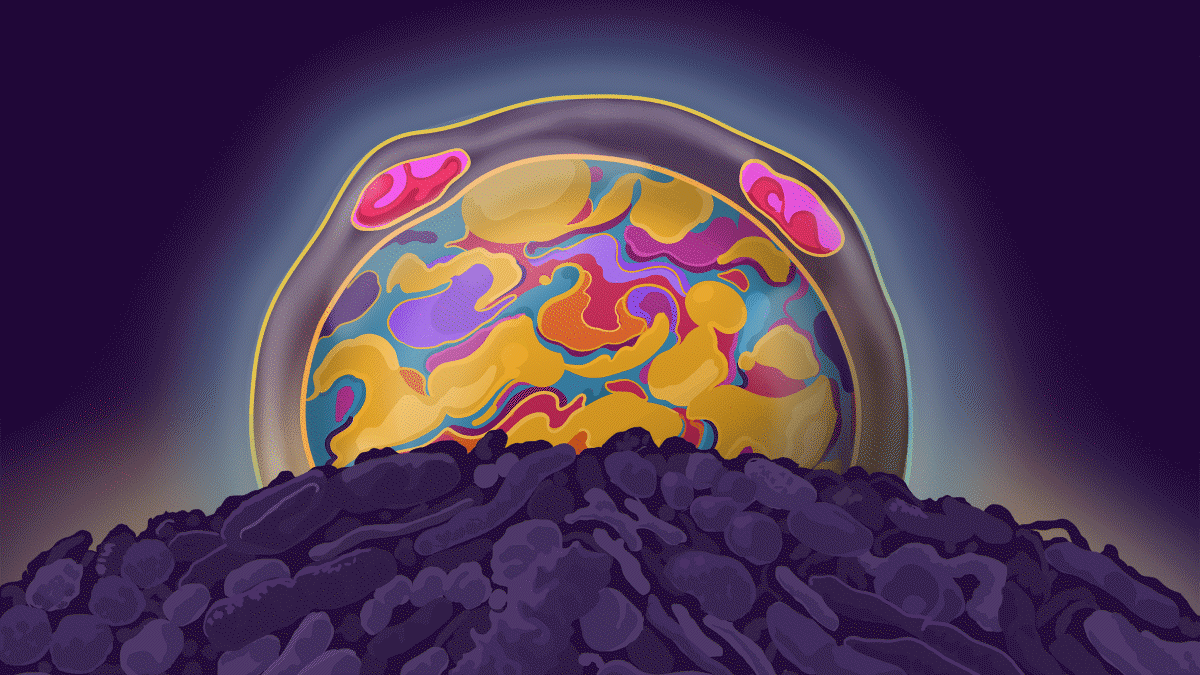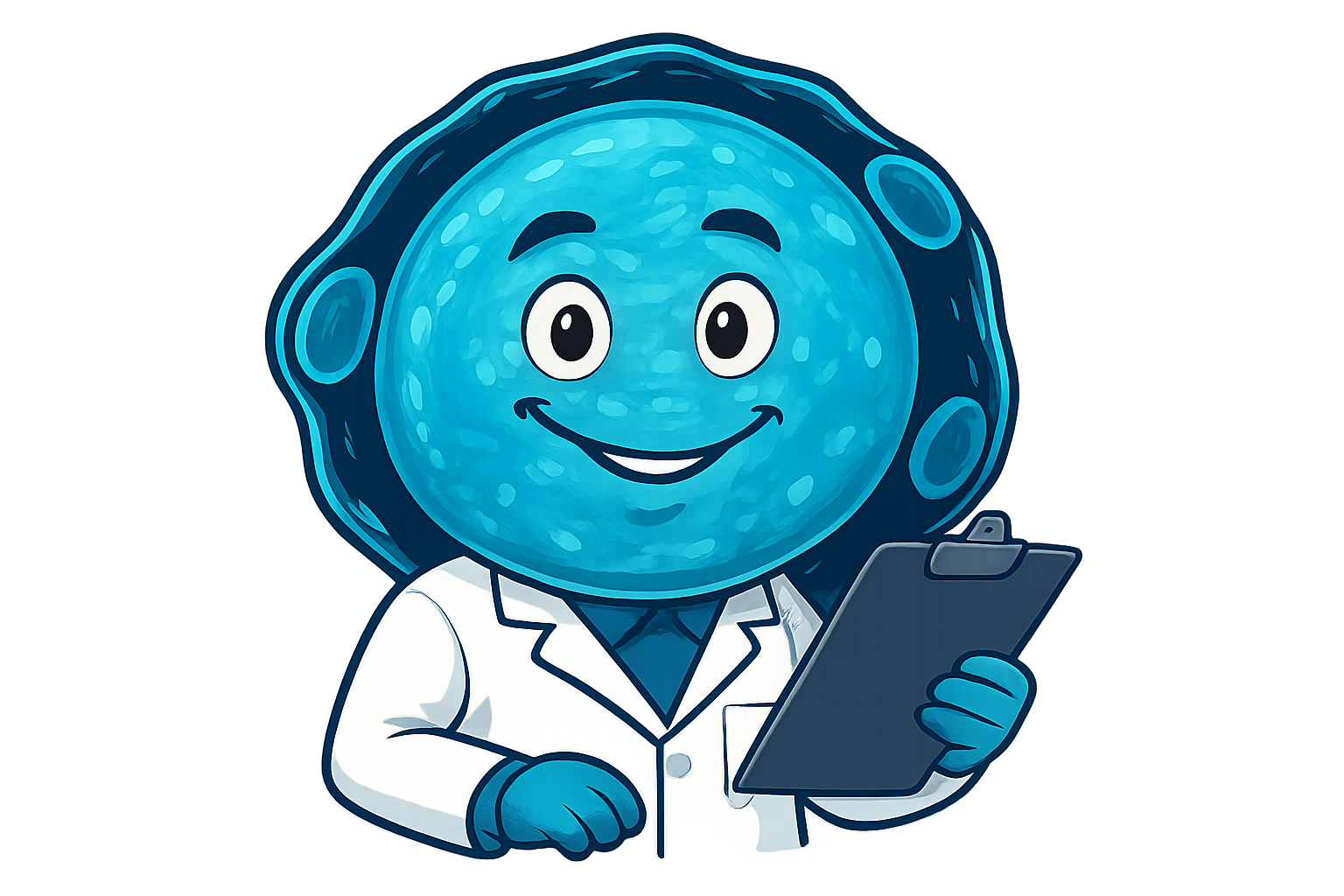Blastocystis DB
Art by Sam Falconer
Welcome to the Blastocystis DataBase (BlastoDB), containing the comprehensive database of Blastocystis subtypes, genomes, culturing techniques and more!
📰 BlastoDB Newsletter
Keeping you updated on the latest in Blastocystis research
Welcome to the BlastoDB newsletter! We highlight a series of exciting news related to Blastocystis research.
🌍 The Future of Human Microbiome Research – Nature News
A recent Nature news feature reflects on the next decade of microbiome science, highlighting the shift toward multi-omics integration, large cohort studies, and translation into personalised medicine. This resonates with our mission to place Blastocystis in its rightful place within the microbiome field.
👉 Read more
📘 Protocols for Blastocystis Detection – Current Protocols
A milestone for our network: Current Protocols has published a comprehensive guide to methodologies for detecting and studying Blastocystis, organised by Daisy Shaw (University of Kent, UK) and developed as part of the COST Action deliverables. This resource is designed to standardise and improve research practices across laboratories worldwide.
👉 Read more
📢 Announcement – Training School on BlastoDB & Biobanking
We are excited to announce that the Blastocystis under One Health COST Action will fund a Training School at the University of Kent in September 2025. This hands-on school will focus on:
Developing and expanding BlastoDB as a community-driven database
Establishing a biobank of Blastocystis-related material for future research
The Training School will provide early-career researchers and COST members with practical skills, networking opportunities, and a chance to directly contribute to shaping the future of Blastocystis research.
Stay tuned for details on applications and participation!
✨ Why this matters for BlastoDB
Together, these publications and initiatives show the accelerating pace of microbiome and host–microbe research. They highlight tools, concepts, and frameworks that can directly inform Blastocystis studies — from organ-on-chip systems to global health perspectives. At BlastoDB, we are building a community resource to make Blastocystis data accessible, enabling researchers to connect these wider advances back to our favourite microbial eukaryote.


